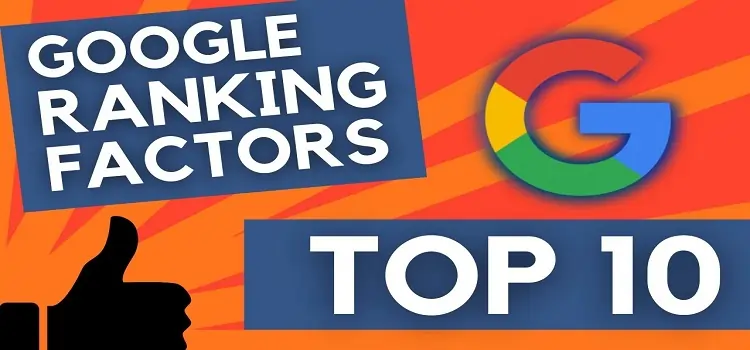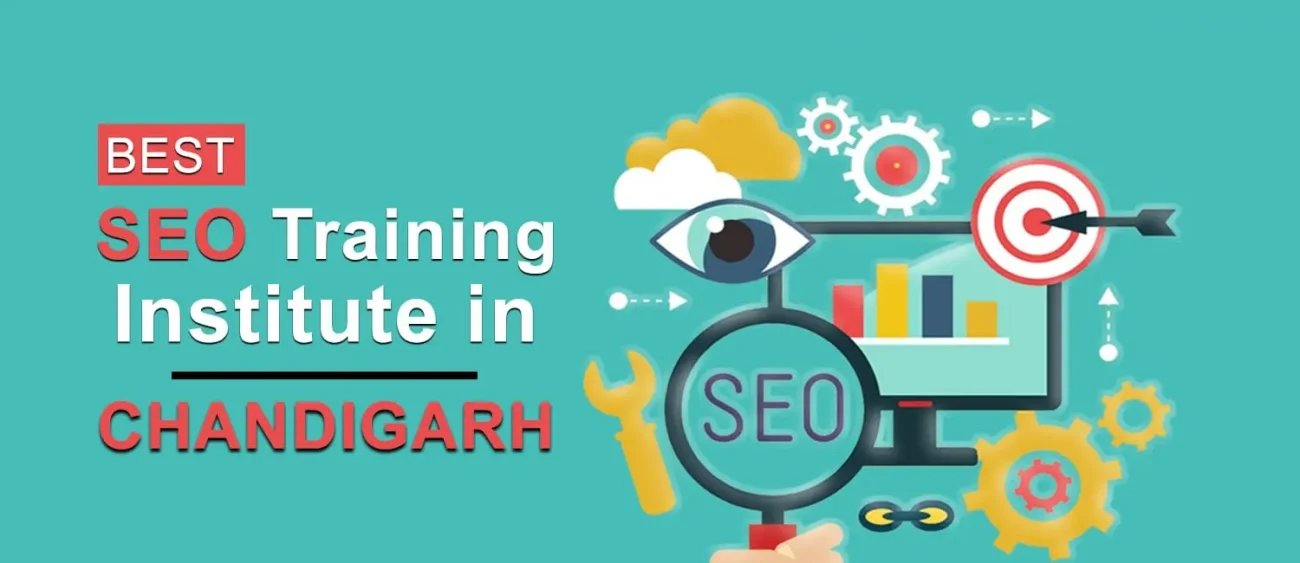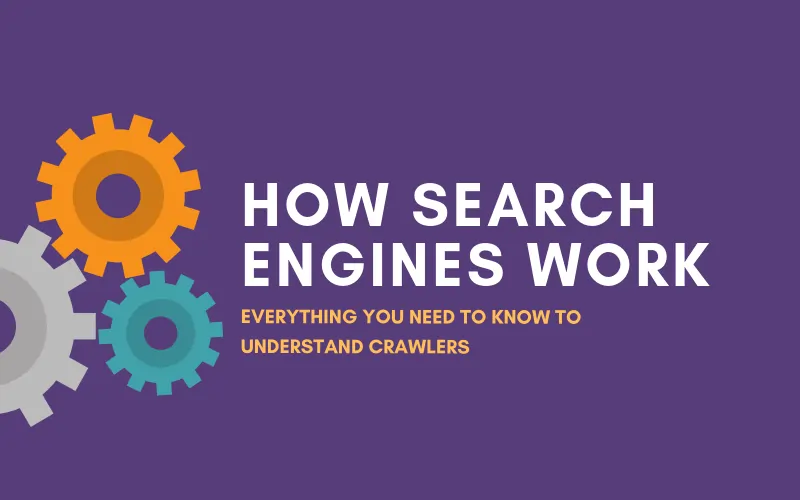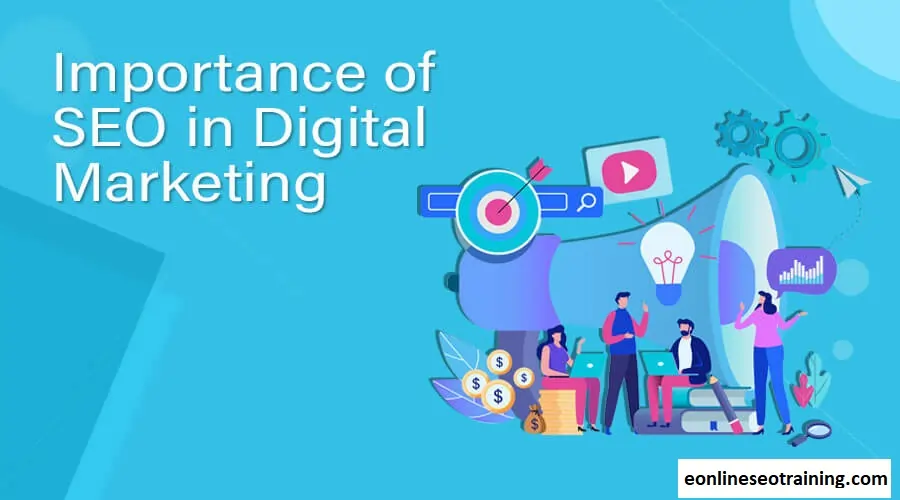From Zero to Hero: How SEO Can Catapult Your Business to Success

From Zero to Hero: How SEO Can Catapult Your Business to Success
In today’s digital age, businesses strive to establish a prominent online presence to reach their target audience effectively. One of the most powerful tools in achieving this goal is Search Engine Optimization (SEO). This comprehensive strategy enables businesses to enhance their visibility on search engine results pages, driving organic traffic and ultimately leading to business success.
Understanding SEO
Search Engine Optimization, commonly known as SEO, refers to the process of optimizing a website to rank higher in search engine results for relevant keywords and phrases. It encompasses various techniques and strategies aimed at improving website visibility and driving quality traffic.
SEO has evolved significantly over the years, adapting to the ever-changing algorithms of search engines like Google, Bing, and Yahoo. What once focused primarily on keyword density has now transformed into a multifaceted approach that considers factors such as user experience, content quality, and website authority.
The Role of Keywords
Keywords form the backbone of SEO. These are the terms and phrases that users enter into search engines when looking for information, products, or services. Conducting thorough keyword research is essential for understanding the language and intent of your target audience, allowing you to optimize your content accordingly.
Effective keyword research involves analyzing search volume, competition level, and relevance to your business. By identifying high-value keywords and incorporating them strategically into your content, you can improve your website’s visibility and attract qualified traffic.
On-Page SEO Strategies
On-page SEO involves optimizing elements directly within your website to improve its search engine rankings. This includes optimizing meta tags, titles, and descriptions, as well as structuring your website’s content in a way that is easily accessible to search engine crawlers.
Creating high-quality, relevant content is key to successful on-page SEO. By producing valuable content that addresses the needs and interests of your target audience, you can increase user engagement and encourage repeat visits to your website.
Off-Page SEO Tactics
Off-page SEO focuses on external factors that influence your website’s visibility and authority. Central to off-page SEO is link building, which involves acquiring backlinks from reputable websites within your industry. Backlinks serve as a vote of confidence from other sites, indicating to search engines that your content is valuable and trustworthy.
Building a strong backlink profile requires a combination of outreach, relationship-building, and content promotion. By earning quality backlinks from authoritative sources, you can improve your website’s credibility and organic search rankings.
Content Marketing and SEO
Content marketing and SEO go hand in hand. Content serves as the foundation of SEO efforts, providing valuable information to users while incorporating relevant keywords and phrases. By creating compelling, informative content, businesses can attract and engage their target audience while improving their search engine rankings.
Effective content marketing involves understanding your audience’s needs and preferences and delivering content that resonates with them. Whether it’s blog posts, videos, infographics, or podcasts, diversifying your content formats can help you reach a broader audience and drive more traffic to your website.
Local SEO Optimization
For businesses targeting a local audience, local SEO optimization is essential. This involves optimizing your website and online presence to appear in local search results for relevant keywords and phrases. Key components of local SEO include optimizing your Google My Business listing, obtaining local citations, and encouraging customer reviews and testimonials.
By prioritizing local SEO efforts, businesses can increase their visibility in local search results, attract foot traffic to their physical locations, and establish themselves as trusted providers within their communities.
Mobile Optimization
With the proliferation of smartphones and mobile devices, mobile optimization has become increasingly important for SEO. Search engines prioritize mobile-friendly websites in their rankings, recognizing the importance of delivering a seamless user experience across all devices.
Mobile optimization involves designing websites that are responsive and easy to navigate on smaller screens. This includes optimizing page load times, minimizing pop-ups and interstitials, and ensuring that content is easily accessible and legible on mobile devices.
Technical SEO Considerations
Technical SEO encompasses various behind-the-scenes factors that affect a website’s search engine rankings. This includes optimizing website speed and performance, implementing structured data markup, and ensuring proper indexing and crawling by search engine bots.
Improving website speed and performance is critical for user experience and SEO. Slow-loading websites can result in higher bounce rates and lower search engine rankings. By optimizing images, minifying code, and leveraging browser caching, businesses can improve their website’s performance and user satisfaction.
Structured data markup, such as schema.org, helps search engines understand the context and meaning of website content. By implementing structured data markup, businesses can enhance their search engine listings with rich snippets, such as star ratings, reviews, and product information, improving visibility and click-through rates.
SEO Analytics and Measurement
Measuring the effectiveness of SEO efforts is essential for optimizing performance and driving continuous improvement. SEO analytics tools provide valuable insights into website traffic, keyword rankings, and user behavior, allowing businesses to track progress and identify areas for optimization.
Key metrics to monitor include organic traffic, keyword rankings, backlink profile, and conversion rates. By analyzing these metrics over time, businesses can gain valuable insights into user engagement, content performance, and overall SEO effectiveness, enabling them to make data-driven decisions and achieve better results.
The Impact of Social Media on SEO
Social media plays a significant role in SEO, influencing factors such as brand visibility, website traffic, and search engine rankings. While social media signals themselves do not directly impact search engine algorithms, they can indirectly influence SEO through increased brand awareness, engagement, and backlink acquisition.
By leveraging social media platforms to share content, engage with followers, and foster relationships with influencers and industry leaders, businesses can amplify their online presence and improve their search engine rankings. Social media platforms also provide valuable opportunities for content promotion, driving traffic and engagement to your website.
Understanding Search Engine Algorithms
Search engine algorithms are complex systems that determine the ranking of websites in search engine results pages (SERPs). While the exact algorithms used by search engines like Google are proprietary and constantly evolving, understanding their basic principles can help businesses improve their SEO strategies and performance.
Major search engine algorithms consider hundreds of factors when determining search rankings, including relevance, authority, user experience, and mobile-friendliness. Staying updated with algorithm changes and best practices is essential for maintaining visibility and competitiveness in search results.
Black Hat vs. White Hat SEO
In the world of SEO, there are two primary approaches: black hat and white hat. Black hat SEO techniques involve tactics that manipulate search engine algorithms to achieve higher rankings, often through unethical or deceptive means. Examples include keyword stuffing, cloaking, and link schemes.
White hat SEO, on the other hand, focuses on ethical and sustainable strategies that prioritize user experience and quality content. White hat techniques adhere to search engine guidelines and best practices, aiming to improve website visibility and rankings through legitimate means.
SEO for E-Commerce Websites
E-commerce websites face unique SEO challenges and opportunities. With millions of products competing for attention online, e-commerce SEO requires a strategic approach to product optimization, content creation, and user experience.
Key e-commerce SEO strategies include optimizing product pages with descriptive titles and meta descriptions, creating unique product descriptions and images, and streamlining the checkout process for a seamless user experience. Additionally, implementing schema markup for products can enhance search engine listings with rich product information, improving visibility and click-through rates.
Voice Search Optimization
With the rise of voice-enabled devices and virtual assistants like Siri, Alexa, and Google Assistant, voice search optimization has become increasingly important for SEO. Voice search queries tend to be more conversational and long-tail, requiring businesses to optimize their content accordingly.
To optimize for voice search, businesses should focus on creating natural, conversational content that answers common questions and addresses user intent. This includes targeting long-tail keywords and optimizing content for featured snippets, which are often used as responses to voice search queries.
SEO for Video Content
Video content is a powerful tool for engaging audiences and improving SEO. Search engines increasingly prioritize video content in search results, recognizing its popularity and effectiveness in conveying information.
To optimize video content for SEO, businesses should focus on creating high-quality, relevant videos that address user needs and interests. This includes optimizing video titles, descriptions, and tags with relevant keywords, as well as promoting videos across social media and other online channels.
International SEO Strategies
For businesses targeting global markets, international SEO is essential for reaching and engaging audiences in different regions and languages. International SEO involves optimizing website content and structure to appeal to diverse audiences while adhering to cultural and linguistic preferences.
Key strategies for international SEO include creating region-specific content, implementing hreflang tags to indicate language and regional variations, and optimizing website architecture for multilingual and multi-regional targeting. By tailoring content and optimization strategies to specific international markets, businesses can improve their visibility and accessibility to global audiences.
SEO for Startups and Small Businesses
For startups and small businesses with limited resources, implementing effective SEO strategies is crucial for competing with larger competitors and gaining traction online. While SEO can seem daunting for smaller businesses, there are many budget-friendly strategies that can yield significant results.
Key considerations for startups and small businesses include focusing on local SEO to target nearby customers, creating high-quality, niche-specific content to attract targeted traffic, and leveraging free or low-cost SEO tools and resources. By prioritizing SEO efforts and staying consistent with optimization practices, startups and small businesses can achieve meaningful results and drive sustainable growth.
Case Studies and Success Stories
Real-world examples provide valuable insights into the power of SEO in driving business success. Case studies and success stories showcase how businesses of all sizes and industries have leveraged SEO to improve visibility, attract customers, and achieve their goals.
By examining case studies and success stories, businesses can learn from others’ experiences and gain inspiration for their own SEO strategies. Whether it’s a local bakery increasing foot traffic through local SEO or an e-commerce startup doubling its revenue with targeted keyword optimization, real-life examples demonstrate the tangible impact of SEO on business outcomes.
Conclusion
In conclusion, SEO remains a cornerstone of digital marketing, offering businesses the opportunity to increase visibility, attract qualified traffic, and achieve long-term success online. From optimizing website structure and content to building quality backlinks and leveraging emerging trends like voice search and video optimization, the possibilities for improving SEO performance are endless.
By understanding the principles of SEO and implementing ethical, data-driven strategies, businesses can position themselves for growth and outshine their competitors in today’s competitive online landscape. As search engines continue to evolve and user behavior shifts, staying agile and adaptive with SEO practices is essential for maintaining relevance and driving sustainable business results.








